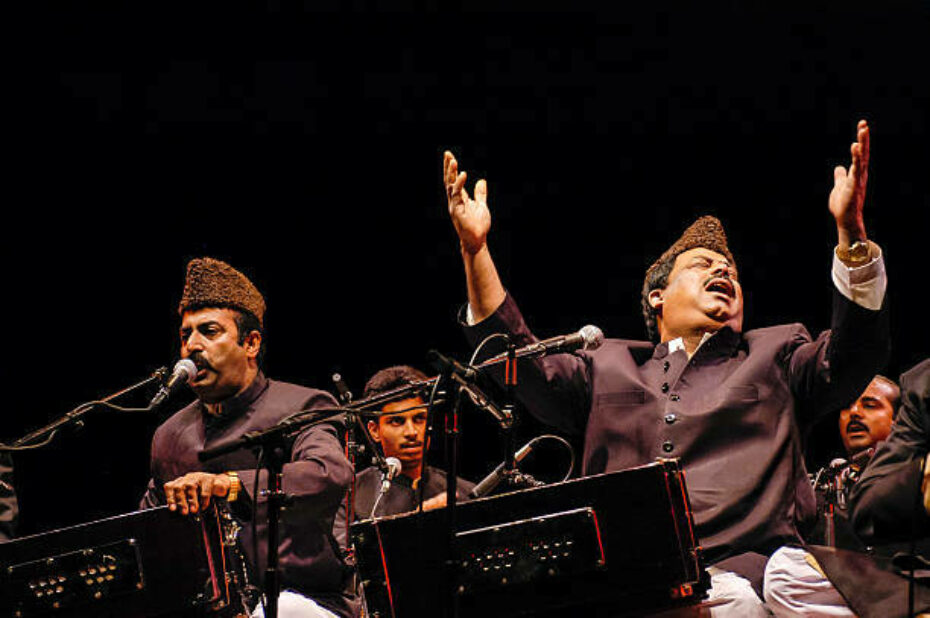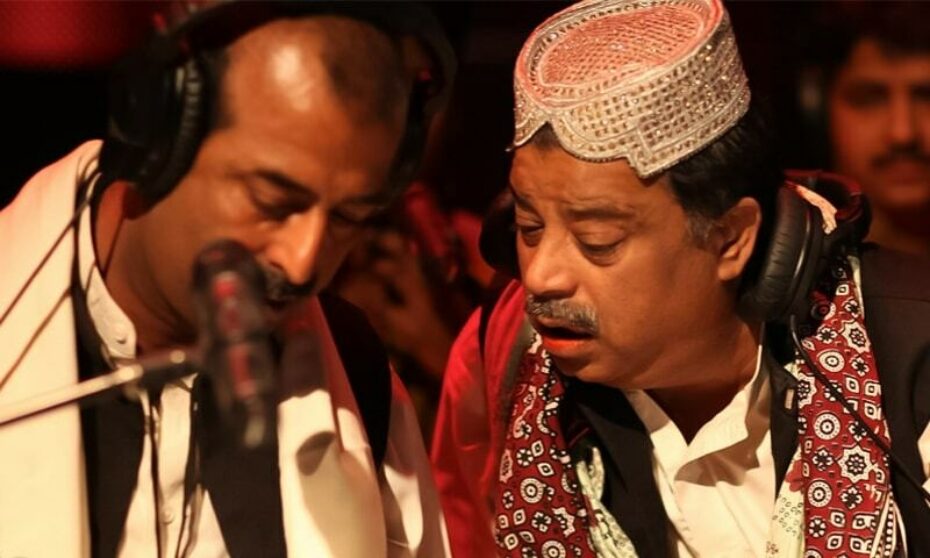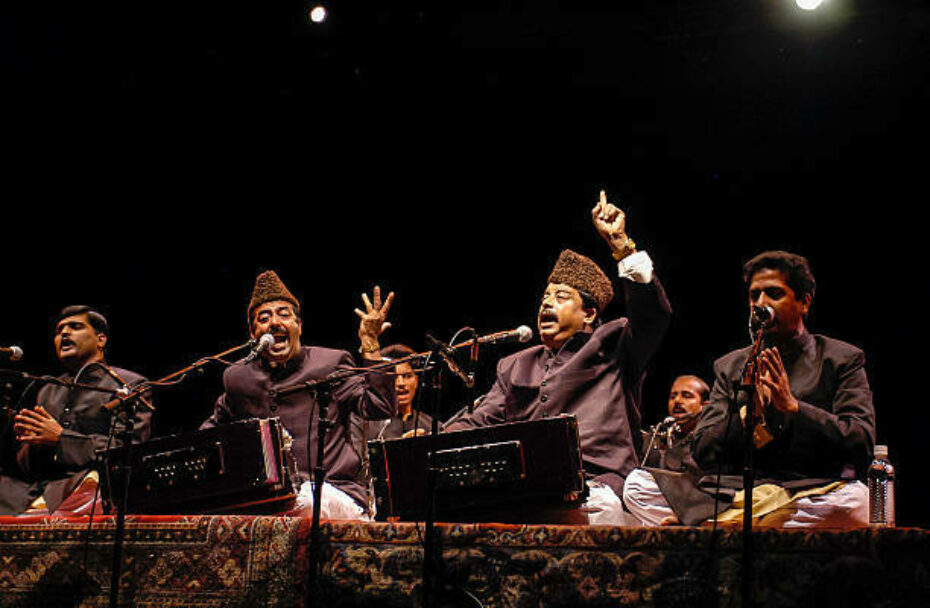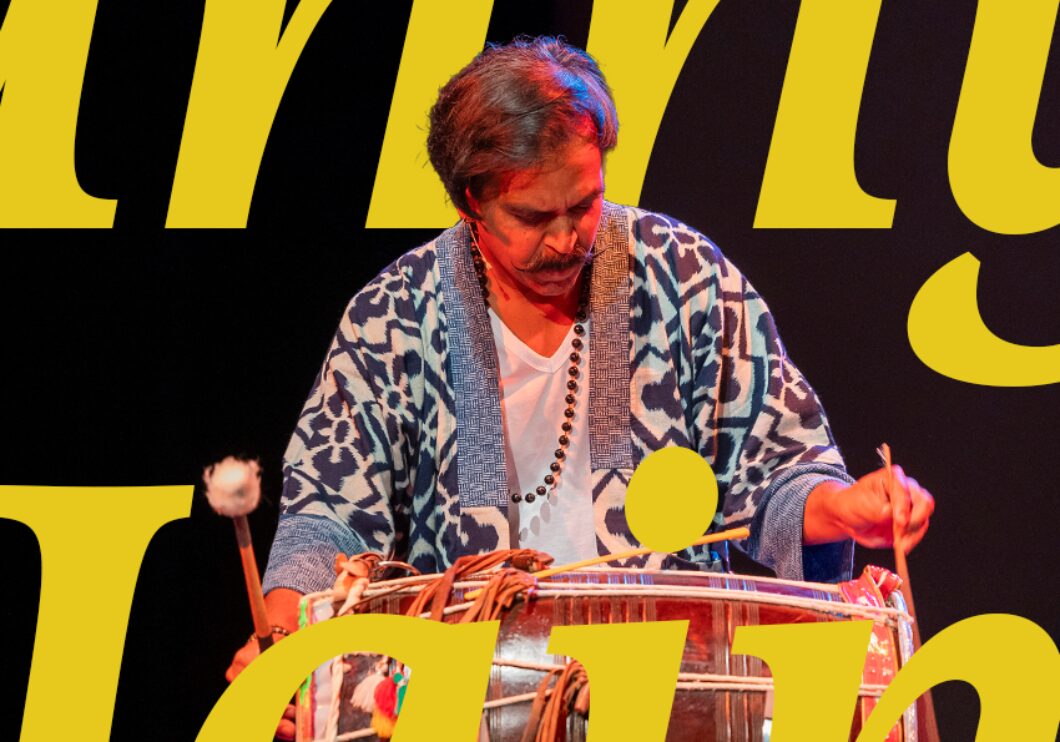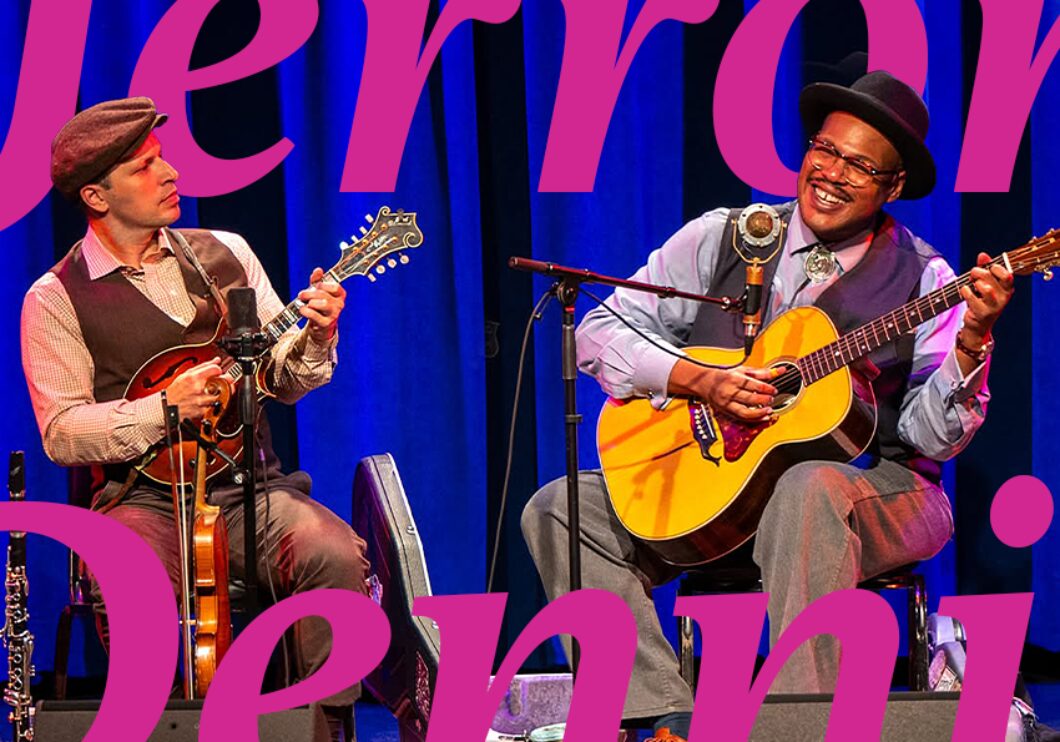Description
Fareed Ayaz and Abu Muhammad Qawwals are masters of Qawwali Sufi music. They represent the twenty-sixth generation of original thirteenth-century Qawwals, connecting them to Hazrat Amir Khusrow, a poet, philosopher and musician, who invented the art of Qawwali.
What is Qawwali:
Deriving its name from the Arabic word “Qaul”, meaning "to speak," qawwali is a musical vehicle by which a group of musicians—called Qawwals—delivers inspirational messages to devotees.
Qawwali is a form of devotional music seeking to transport musicians and audience closer to the divine. This traditional music works its way to ecstatic peaks with powerful vocal performance, rhythmic hand claps, and the use of traditional musical instruments like the harmonium, the dholak and tabla. Qawwali repertoire are sung in Persian, Urdu, and Hindi by the lead singer and chorus playing in a call-and-response style.
Origin of Qawwali:
Qawwali has deep roots in South Asia, particularly in India and Pakistan. It is believed to have originated in the 13th century, brought to the Indian subcontinent by Sufi saints. The most prominent figure associated with the introduction and development of qawwali is Amir Khusrow, a disciple of the Sufi saint Nizamuddin Auliya. Khusrow, a poet, musician, and scholar, is credited with fusing Persian, Turkish, Arabic, and Indian musical traditions to create the unique form of qawwali.
Khusrow defined, documented and established the Khusravi tradition of Qawwali, and trained twelve young men — the Qawwal Bachay — in the theory and practice of Khusravi Qawwali. Miyan Saamat Bin Ibrahim was the leader of this first group of Qawwals. The tradition established by Khusrow has been preserved for more than eight centuries by scions of the Qawwal Bachay and is followed by Qawwals all over the world today.
The Performers:
Fareed Ayaz and Abu Mohammad Qawwal are direct descendants of Miyan Saamat Bin Ibrahim and represent the twenty-sixth generation of the original thirteenth-century Qawwals. Fareed and Abu received rigorous training in classical music and qawwali from their father, Ustad Munshi Raziuddin, who was also a legendary qawwal. Fareed Ayaz now leads the group, along with his younger brother Abu Muhammad. Their trained sons join them, making the rest of the musical core.
Their performances are known for their intense passion, profound spiritual depth, and the intricate interplay of vocals and rhythm. Weaving together devotional and secular traditions, the group also perform semi-classical forms including tarana, thumri, and khayal.
Fareed Ayaz and Abu Muhammad Qawwals have been bringing South Asian Qawwali to international audiences for over 40 years. With several decades of touring has seen the group sing to vast crowds all around the world, as well as making over a dozen crossover excursions into film music and Coke Studio. Their music was featured in the 2012 film The Reluctant Fundamentalist, and in 2017 they were the focus of a special BBC Proms concert. The group has performed many times in Pakistan’s Coke Studio. Their performance of “Kangna” in season 4 and “Piya Ghar Aaya” in season 11 has had record viewing on YouTube.
Photo credit: ©JackVartoogian/FrontRowPhotos
Theatre
Peter Jay Sharp Theatre
Expected Run Time is 180 minutes
